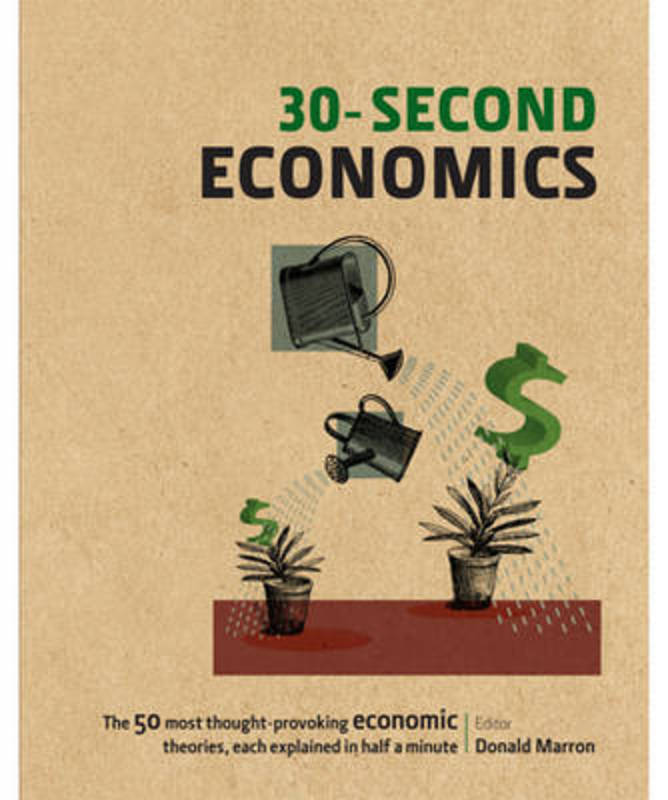



Business and economics impact so much of our daily lives, not just at work, but at home and at school. Read through the resources below and the tabs above to get an introduction to business and economics and how it affects you.

Comparative advantage: an economy's ability to produce a particular good or service at a lower opportunity cost than its trading partners.
Demand: the quantity of a good that consumers are willing and able to purchase at various prices during a given period of time.
Economics: the social science that studies the production, distribution, and consumption of goods and services.
Equilibrium: a state in a market-based economy in which economic forces – such as supply and demand – are balanced.
Free market: an economic system in which prices are determined by unrestricted competition between privately owned businesses.
GDP: gross domestic product (GDP) is the total monetary or market value of all the finished goods and services produced within a country’s borders in a specific time period. As a broad measure of overall domestic production, it functions as a comprehensive scorecard of a given country’s economic health.
Inflation: a general increase in prices and fall in the purchasing value of money.
Interest rate: the amount a lender charges a borrower and is a percentage of the principal—the amount loaned.
Invisible hand: a metaphor for the unseen forces that move the free market economy.
Macro Economics: the branch of economics concerned with large-scale or general economic factors, such as interest rates and national productivity.
Micro Economics: the part of economics concerned with single factors and the effects of individual decisions.
Needs: physiological, personal, or socio-economic requirements necessary for you to function and live.
Opportunity cost: the value of what you lose when choosing between two or more options.
Planned economy: an economy in which production, investment, prices, and incomes are determined centrally by the government.
Recession: a business cycle contraction when there is a general decline in economic activity. Recessions generally occur when there is a widespread drop in spending.
Scarcity: when the demand for a resource is greater than the supply of that resource, as resources are limited.
Shortage: a situation in which the demand for a product or service exceeds its supply in a market. It is the opposite of an excess supply.
Specialization: a method of production whereby an entity focuses on the production of a limited scope of goods to gain a greater degree of efficiency.
Supply: the amount of a resource that firms, producers, labourers, providers of financial assets, or other economic agents are willing and able to provide to the marketplace or to an individual.
Surplus: when the amount of a good or assets exceeds the quantity actively used
Trade: the transfer of goods from one person or entity to another, often in exchange for money.
Unemployment rate: the percentage of people in the labour force who are unemployed.
Wants: something that people desire to have, that they may, or may not, be able to obtain.


 30-second economics : the 50 most thought-provoking economic theories, each explained in half a minute
by
30-second economics : the 50 most thought-provoking economic theories, each explained in half a minute
by
 Australian economics dictionary for students
by
Australian economics dictionary for students
by
 Economics, business, civics and citizenship for the Australian curriculum 10
by
Economics, business, civics and citizenship for the Australian curriculum 10
by
 Essentials of economics
by
Essentials of economics
by
 Naked economics
by
Naked economics
by